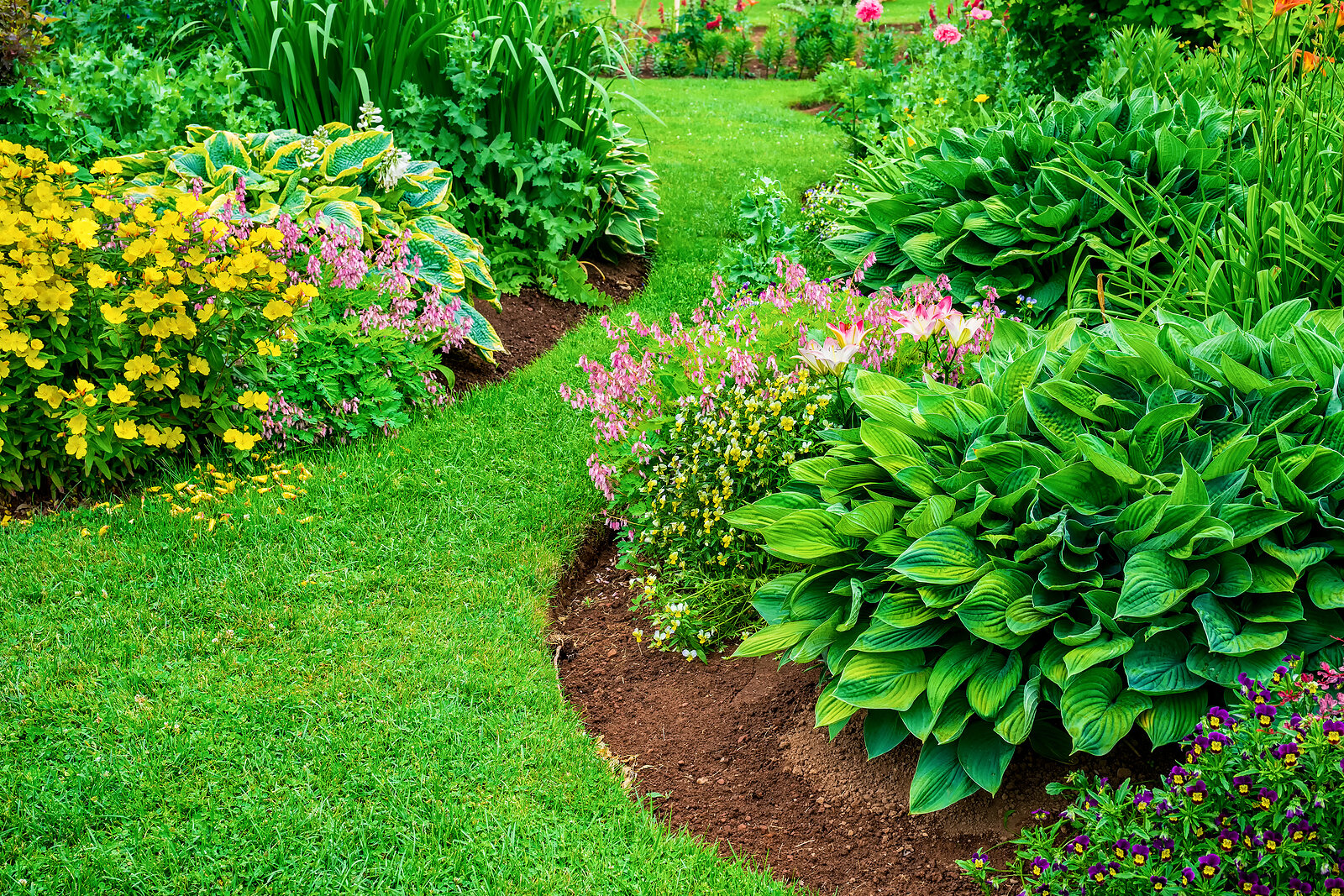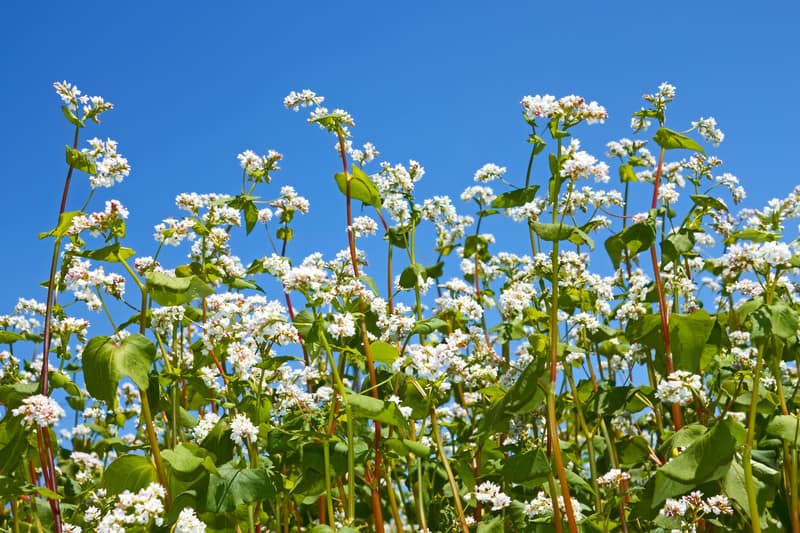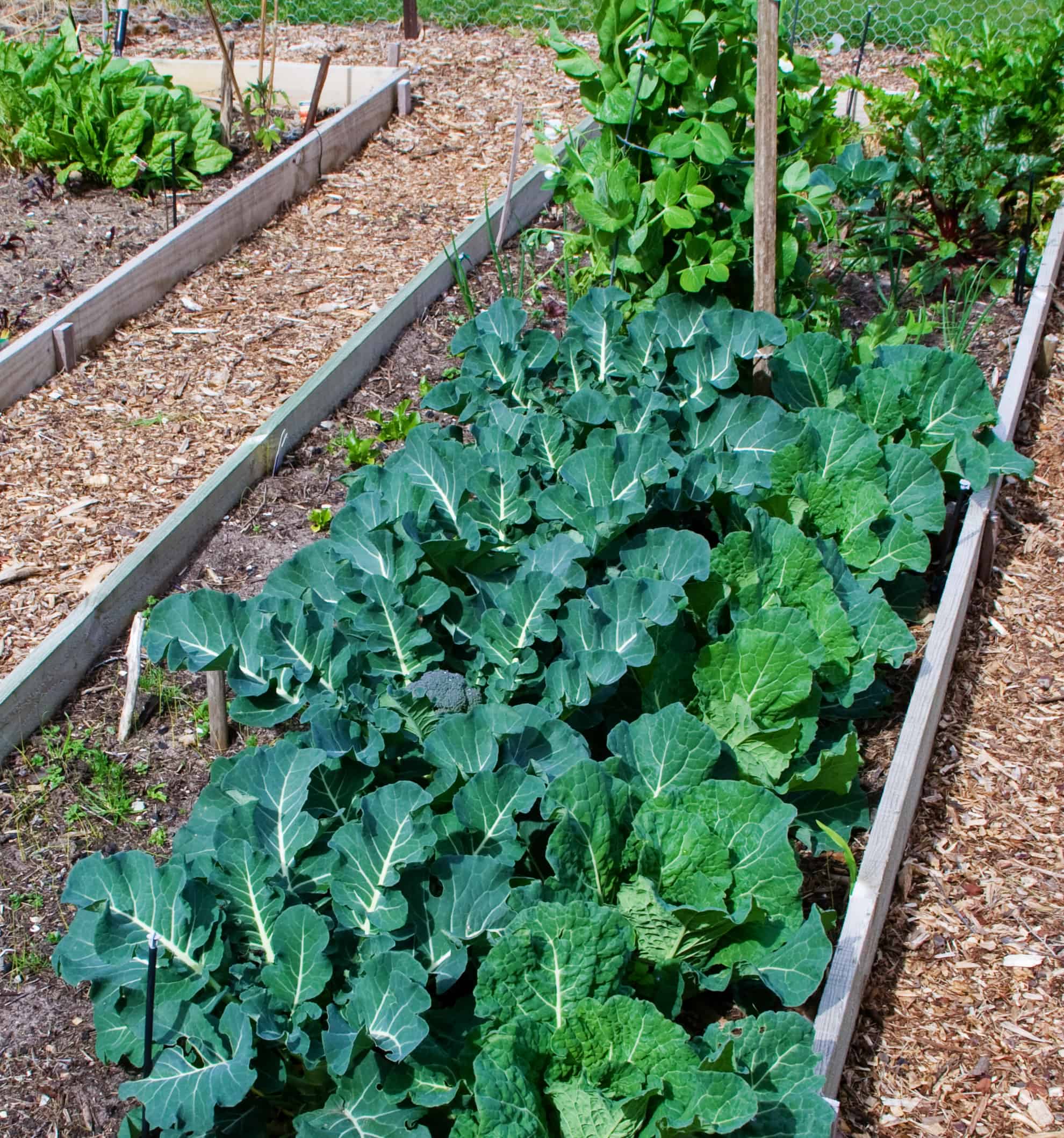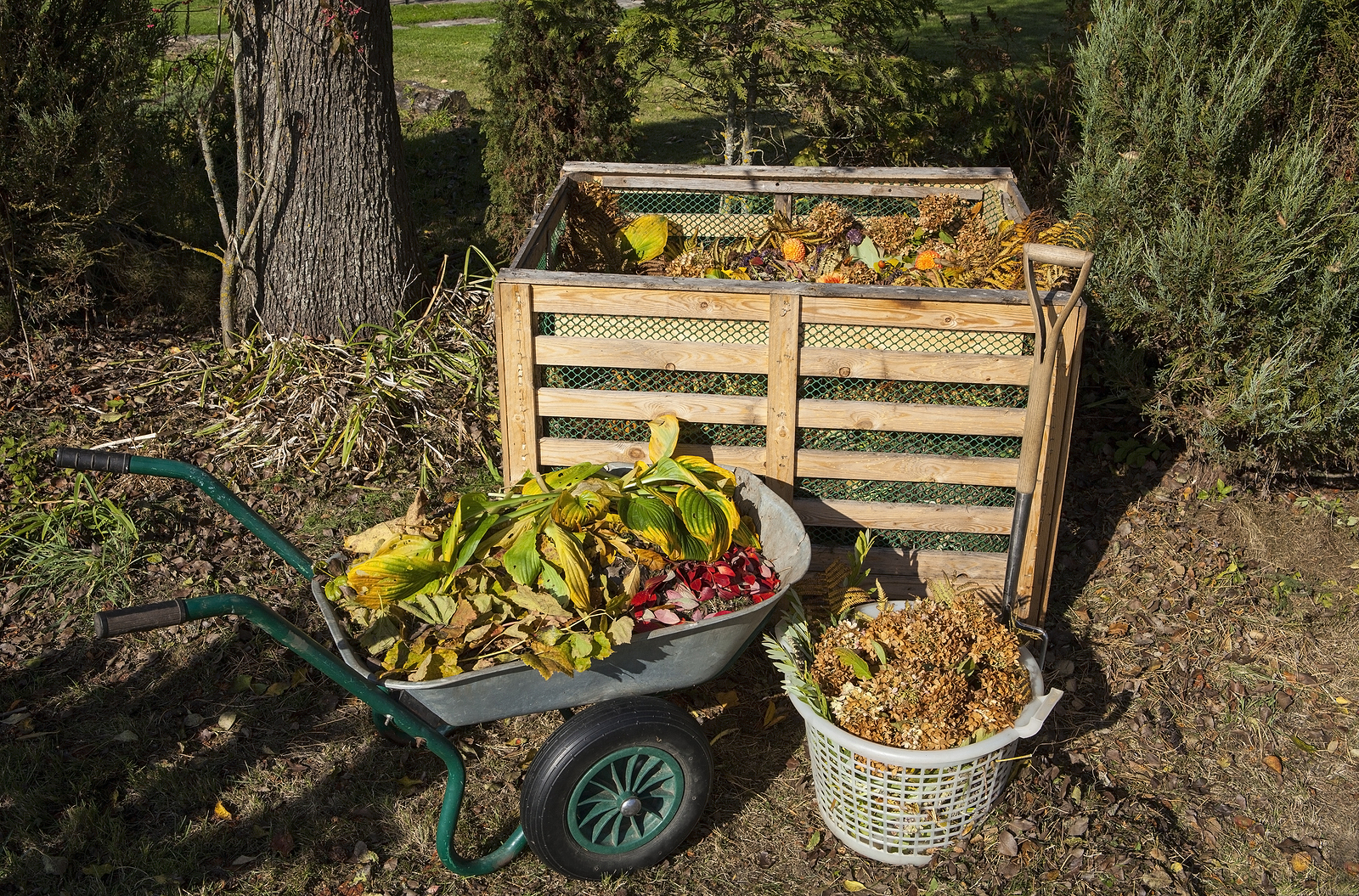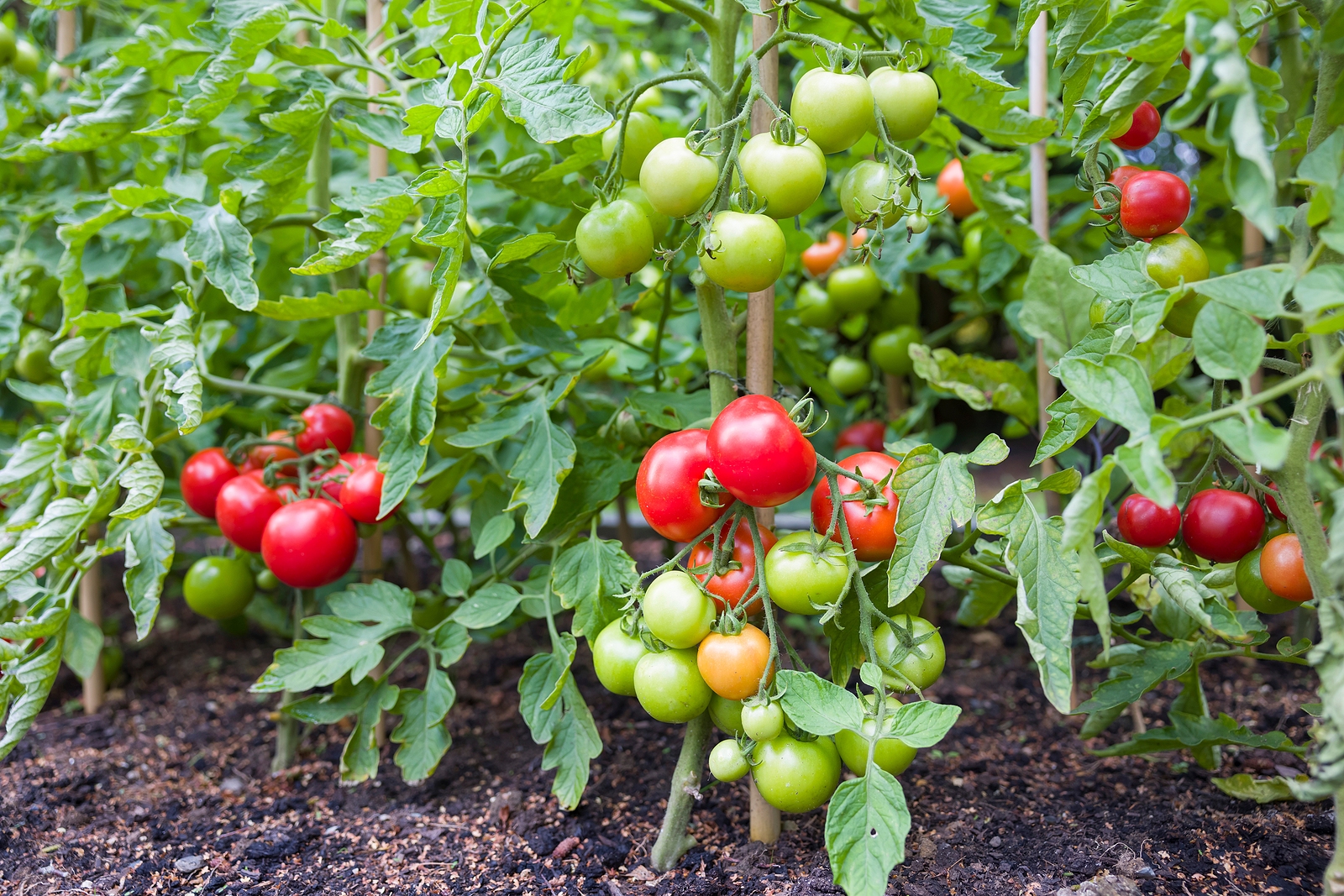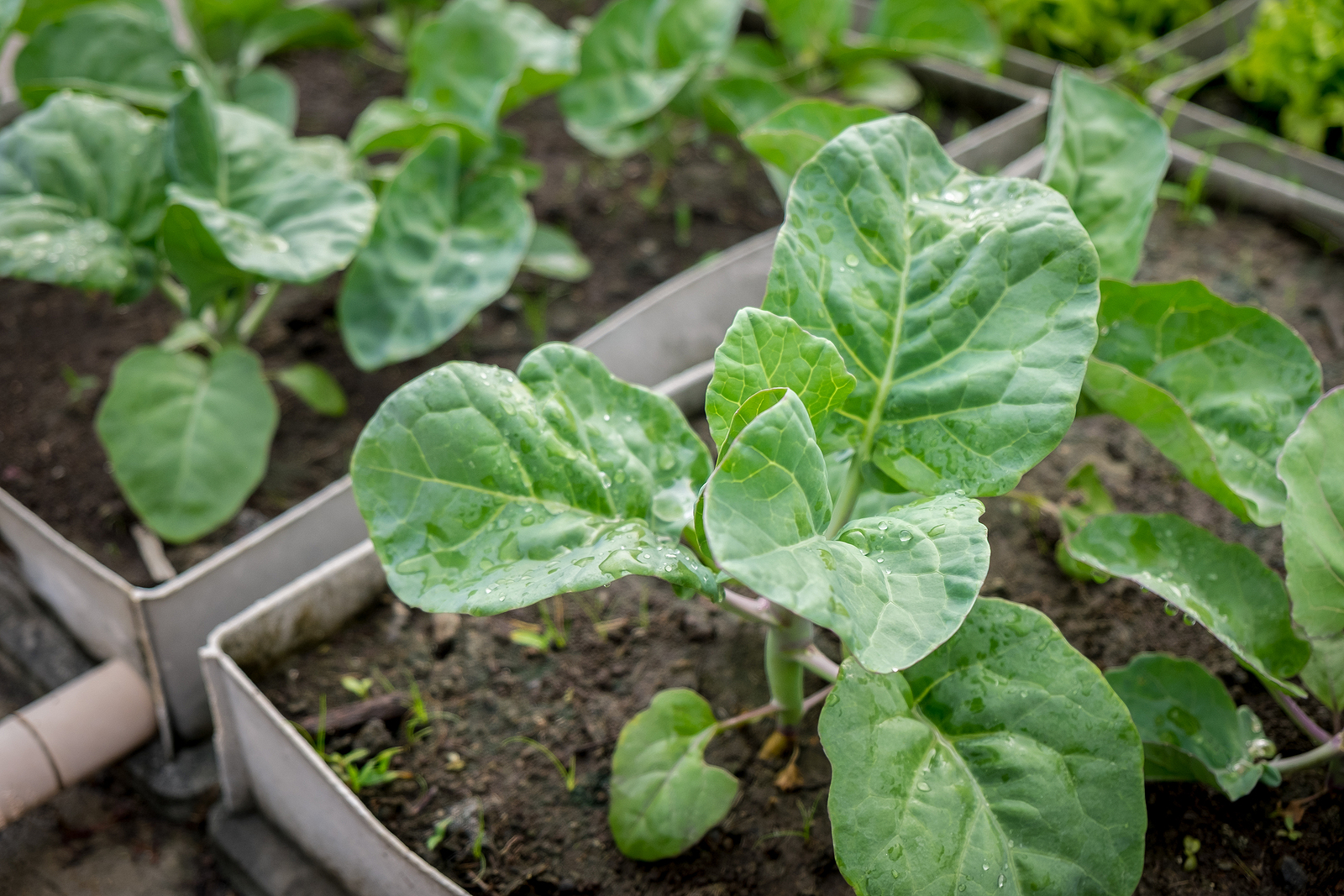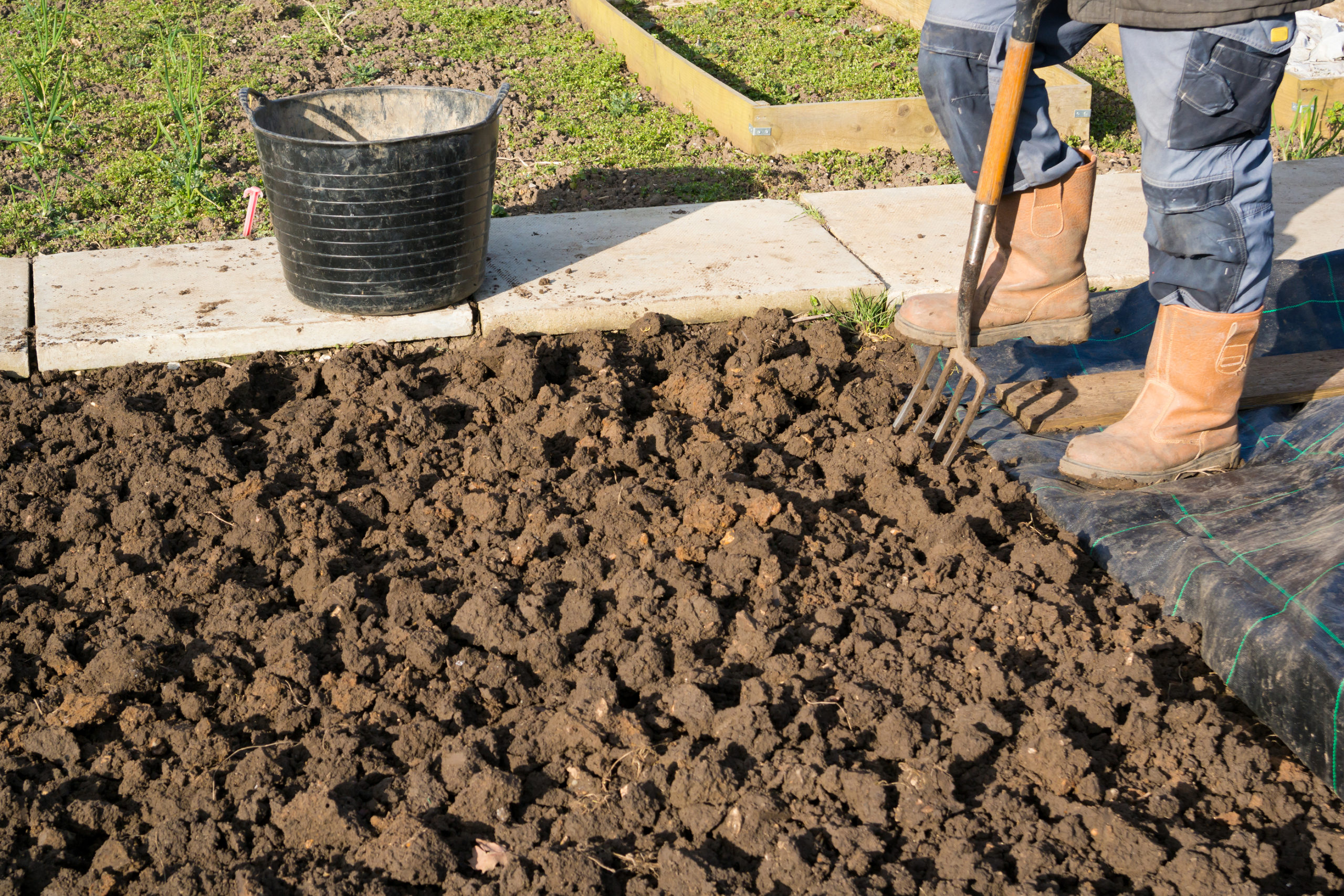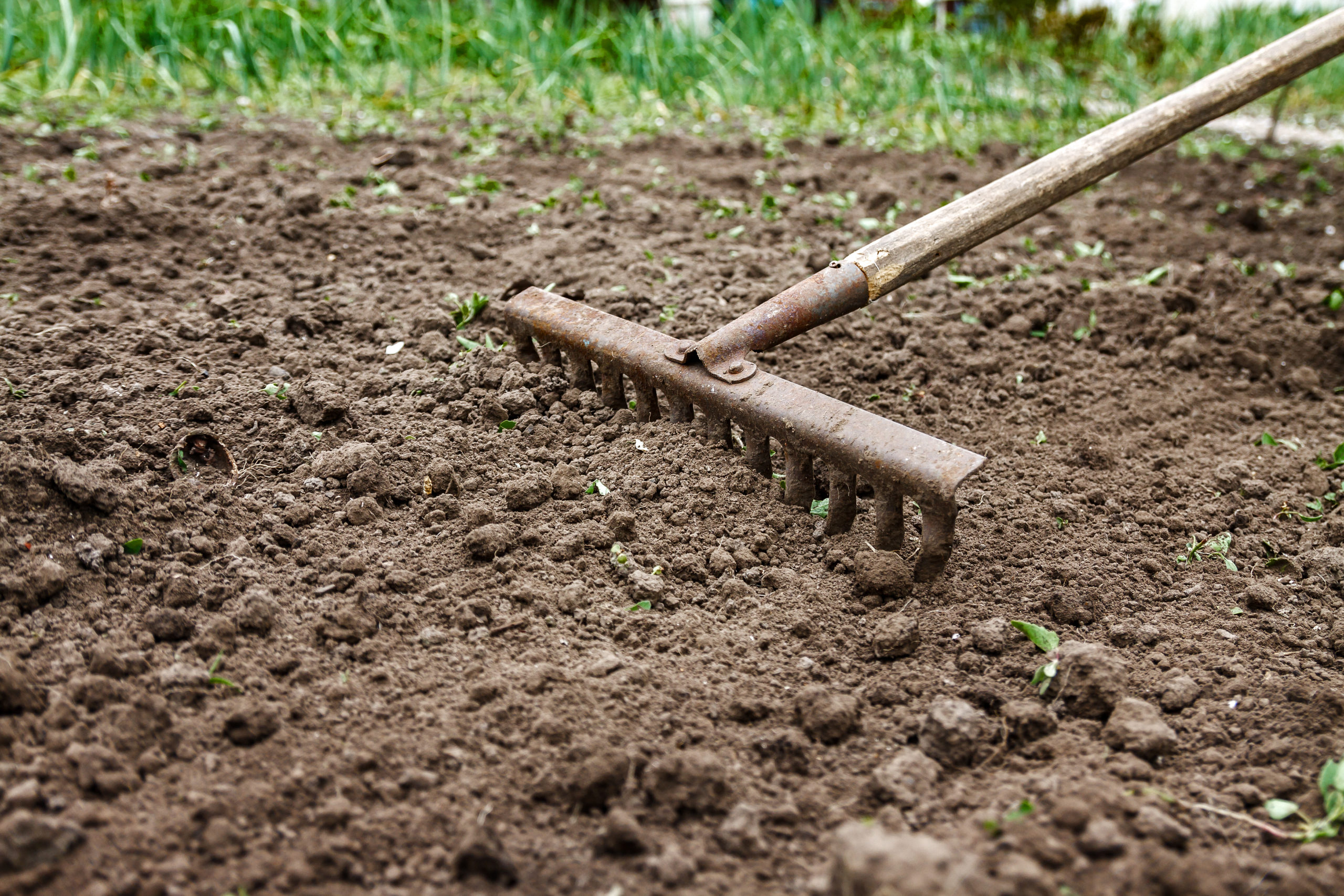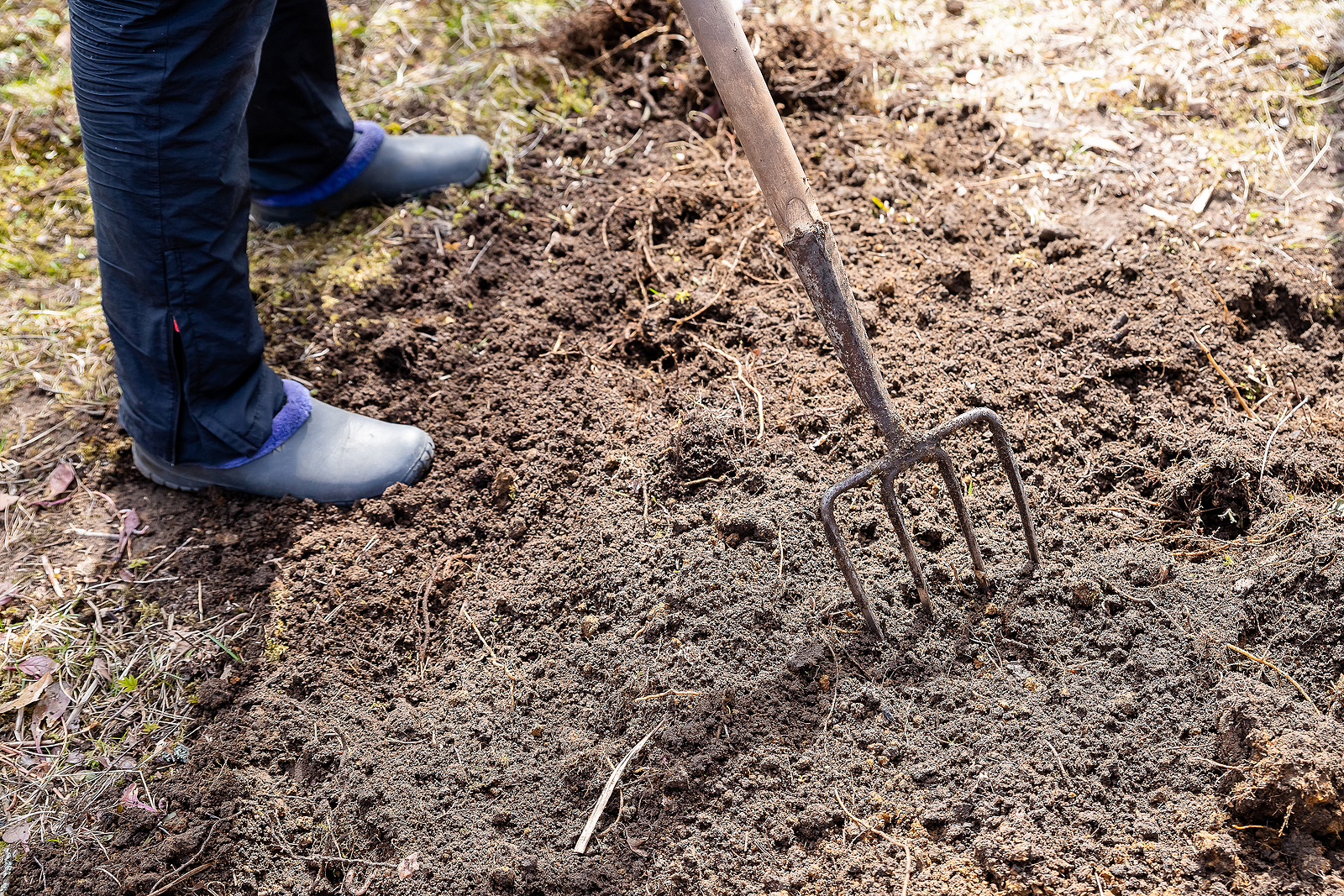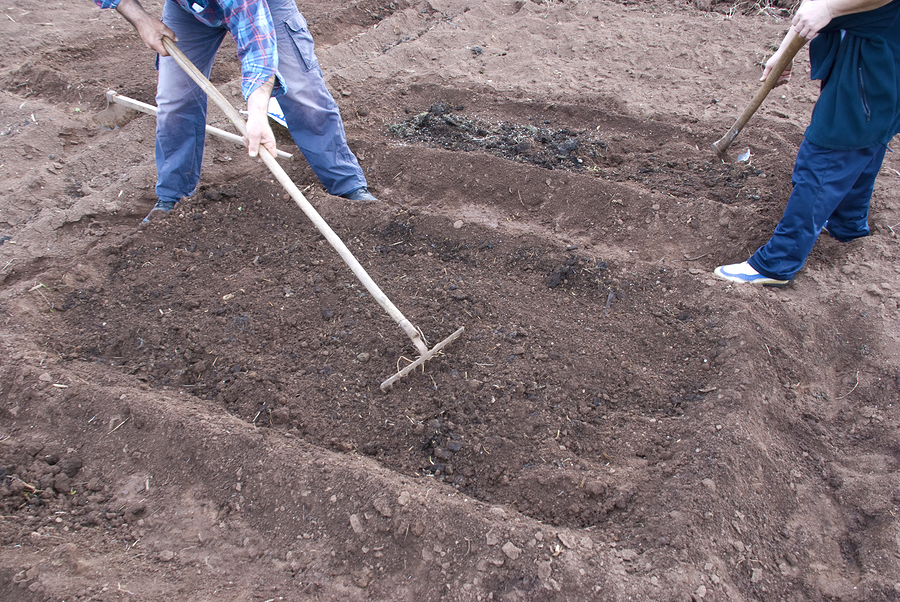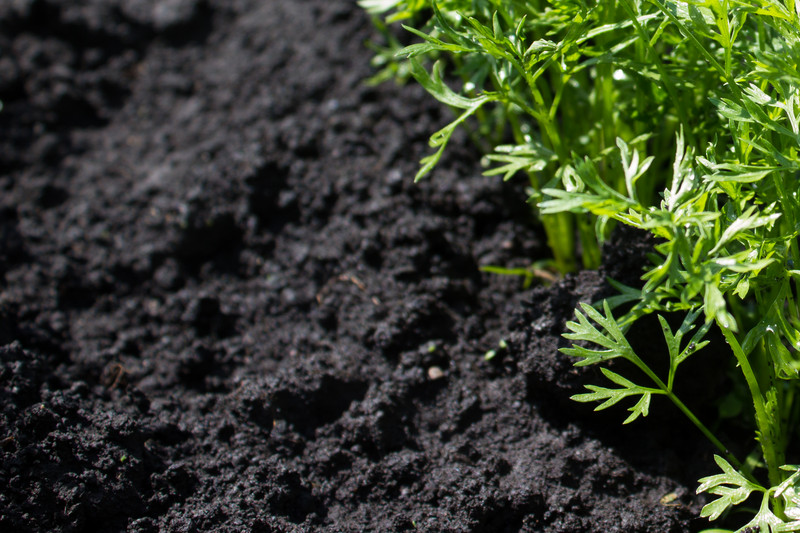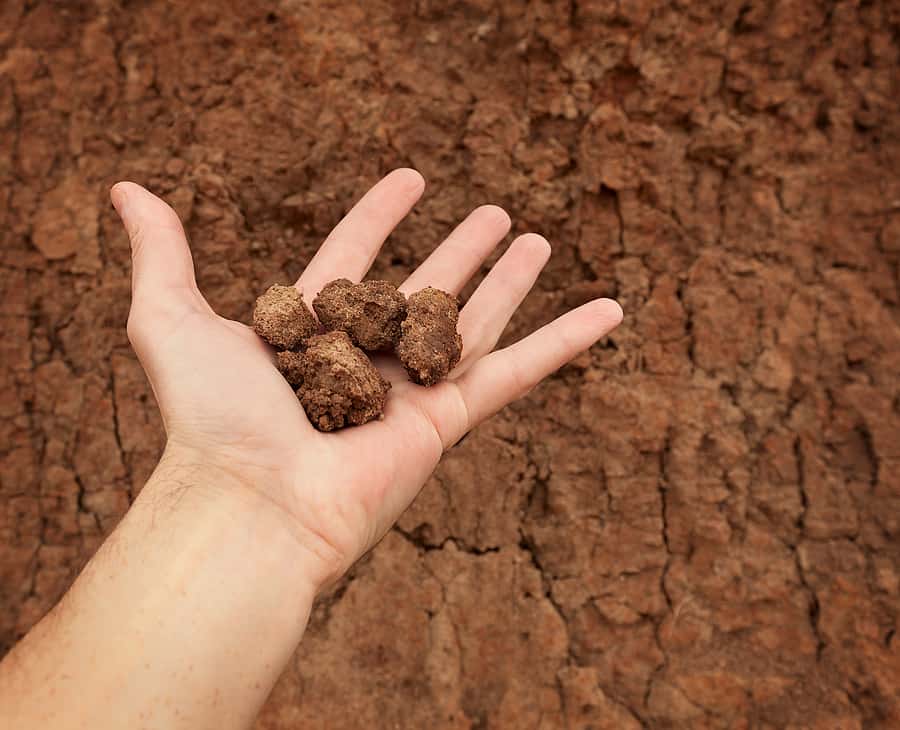Soil
More stories
-
Potting Soil Buyer’s Guide
Potting soil is a vital component for successful gardening. Choosing the right potting soil can significantly impact the growth and health of your plants. In this potting soil buyer’s guide, we will explore the basics of potting soil to help you make an informed decision. First, it is important to understand that potting soil is […] More
-
in Gardening Tips, Soil
Cover Crops and Green Manure for the Vegetable Garden
Cover crop, green manure crop, and catch crop are three interchangeable terms to describe crops that feed, build, and protect the soil and attract and feed beneficial insects and soil microorganisms. Cover crops are planted to cover planting beds and enrich the soil. When a cover crop is turned under to decay and to feed […] More
-
in Gardening Tips, Soil
Vegetable Garden Soil pH
Soil pH is a scale used to measure the soil’s acidity or alkalinity. Alkaline soil is called “sweet” by gardeners and farmers; acidic soil is called “sour.” Soil pH is measured on a scale of 0 to 14, with 7 being neutral. Acidic soil measures below 7; alkaline soil measures greater than 7. Soil pH […] More
-
in Gardening Tips, Soil
How to Make Compost for Your Vegetable Garden
Compost is one of the best soil additives for a vegetable garden. It is also one of the least expensive. Composting turns garden and kitchen waste materials into a rich, organic amendment. The combination of dead vegetation with air and moisture will result in compost. Composting is a natural decomposition. Composting can take place in […] More
-
in Gardening Tips, Soil
Organic Plant Nutrients for Vegetable Gardens
Plants require nutrients to grow and for good health. Most plant nutrients are common natural organic chemical elements. Sixteen organic chemical elements are the nutrients necessary for plant growth. Three are non-mineral elements that come from air and water; thirteen are mineral elements that come from the soil. All of these elemental nutrients in varying […] More
-
How Plants Grow in Your Vegetable Garden
Vegetable crops and other plants need light, water, air, nutrients, and the proper temperature to grow. Light for photosynthesis Plants use light to make food (carbohydrates—sugars and starches) in their leaves. This process is called photosynthesis; it is the transformation of light energy into chemical energy. Here’s how photosynthesis works: the green pigment in plant […] More
-
in Gardening Tips, Soil
Tilling, Digging, and Forking the Vegetable Garden
Once you have decided on a site for your vegetable garden and know what kind of soil you are working with and what amendments can make it better, it will be time to work the soil, to prepare for planting. Digging and tilling are not necessary for fertile well-structured soils. Good soils can be lightly […] More
-
in Gardening Tips, Soil
No Dig, Light Dig Vegetable Garden Preparation
The no-dig or light-dig garden preparation method calls for spreading soil amendments across planting beds and allowing rain, wind, and soil organisms to naturally carry the amendments and their nutrients down into the soil. The no-dig, light-dig method is an alternative to turning the soil with a tiller or spade. Lightly turning planting beds with […] More
-
Vegetable Garden Soil Guide
The soil in your garden was created over thousands of years through the disintegration and decomposition of rock and organic matter. Temperature and rainfall, the life and death of plants, animals and bacteria, and fungi, and the rocks that were there, to begin with: all contributed to the soil you find in your garden today. […] More
-
in Soil
How to Improve Garden Soil
Taking care of the soil in your garden is your number one garden chore. Healthy garden soil supports plant roots and growth. The moisture and nutrients your plants need are in the soil. The time you devote to your garden’s soil will pay for less time spent watering, fertilizing, and fighting pests and diseases. That’s […] More
-
in Soil
What to Know About Garden Soil
Soil is the surface layer of the earth that supports plant life. Soil is the composite result of: As these conditions vary, so does the composition, character, color, and depth of soil. Soil varies around the world; soil even varies in the confines of a small garden. Rock in soil Types of soil are chiefly […] More
-
in Gardening Tips, Soil
How to Improve Clay Soil
Clay soils are too wet or too dry, slow to drain, slow to warm in the spring, and slow to release nutrients to plant roots. The best way to improve clay soil is to add several inches of organic matter such as aged compost to planting beds regularly—at least twice a year–and work it into […] More


